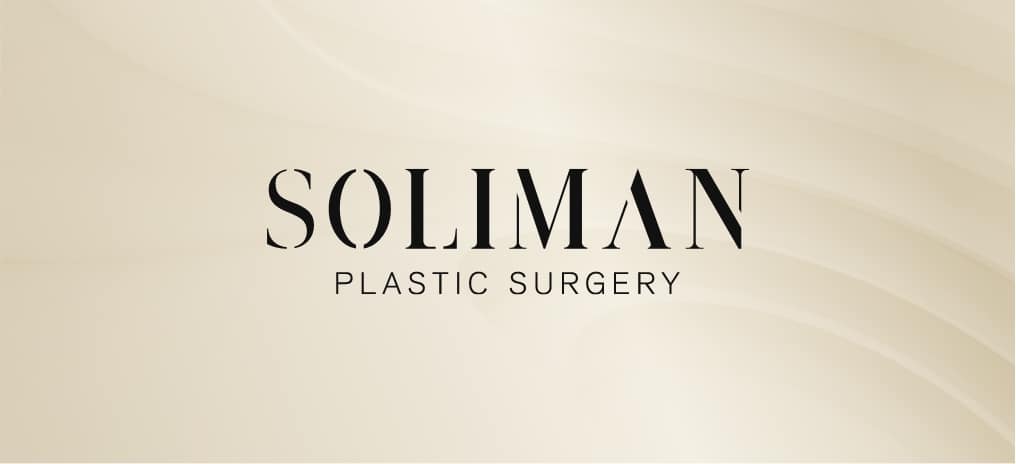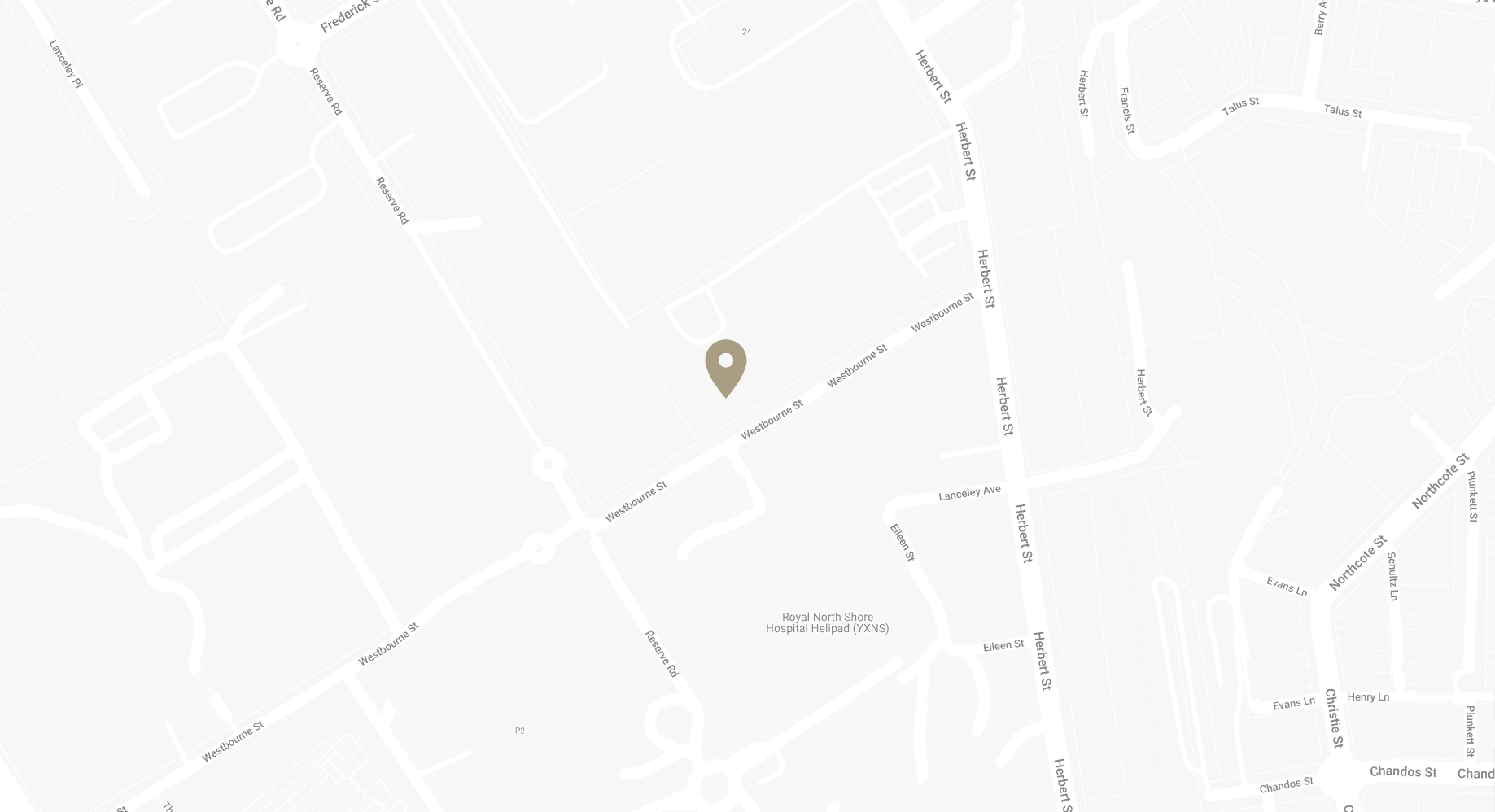Preparing for Pregnancy after Breast Augmentation – Important Information and Tips
Breast augmentation is a significant decision that can impact various aspects of your life, including future pregnancies and breastfeeding. Understanding the potential effects of breast implants on these experiences is important for making an informed choice. In this blog, Sydney Specialist Plastic Surgeon Dr Bish Soliman aims to provide an overview and implacations of breast feeding and pregnancy after breast augmentation.
Download Dr Bish Soliman’s Guide to Cosmetic Breast Surgery

Overview of Breast Augmentation
Breast augmentation is a cosmetic surgical procedure aimed at altering the size, shape, and overall appearance of the breasts. This procedure involves the placement of breast implants, which can be filled with saline (sterile saltwater) or silicone gel, beneath the breast tissue or chest muscles. The primary reasons women choose breast augmentation include:
- Restoring Volume: Women who have lost breast volume due to weight loss, pregnancy, or ageing often opt for this procedure.
- Correcting Asymmetry: Breast augmentation can address noticeable differences in breast size and shape, providing a more balanced appearance.
- Reconstruction: For women who have undergone mastectomy or suffered traumatic injuries, breast augmentation can play a crucial role in breast reconstruction.
While the primary motivation for many women is aesthetic alteration, it is essential to consider how breast augmentation might interact with life events such as pregnancy and breastfeeding.
Pregnancy after Breast Augmentation
Pregnancy brings about significant changes in a woman’s body, particularly in the breasts. These changes are driven by hormonal fluctuations necessary to prepare the body for breastfeeding. Common changes during pregnancy include:
- Increased Size and Sensitivity: The breasts typically enlarge and become more sensitive due to hormonal changes, increased blood flow, and the development of milk ducts.
- Changes in Skin Texture: The skin on the breasts may stretch, leading to stretch marks. The nipples and areolas may also darken and enlarge.
- Volume Fluctuations: Post-pregnancy, the breasts may undergo further changes as they adjust to breastfeeding. Once breastfeeding ends, the breasts might decrease in size, sometimes becoming smaller or less firm than they were pre-pregnancy.
Impact of Implants on Pregnancy
Breast implants themselves do not adversely affect your ability to conceive, carry a pregnancy to term, or the overall health of your baby. However, it is essential to consider the following:
- Breast Changes: The natural changes that occur in your breasts during pregnancy can still happen if you have implants. In some cases, the presence of implants may accentuate these changes, such as more pronounced stretching of the skin or alterations in breast shape and size.
- Skin and Tissue Stretching: Since pregnancy causes the breasts to enlarge, the skin and underlying tissue around the implants will also stretch. This could potentially impact the aesthetic appearance of the implants post-pregnancy, leading to sagging or asymmetry.
- Surgical Impact: It is important to discuss with Dr Soliman the potential for any surgical impact on future pregnancies.
Timing of Surgery: Before or After Pregnancy?
The timing of breast augmentation surgery relative to pregnancy is an important consideration:
- Pre-Pregnancy Augmentation: If you opt for breast augmentation before having children, be prepared for the possibility that pregnancy may alter the results of your surgery. Some women may require additional procedures post-pregnancy to maintain or restore their desired appearance.
- Post-Pregnancy Augmentation: Dr Soliman usually recommends waiting until you have finished having children before undergoing breast augmentation. This approach ensures that you achieve long-lasting results without the need for potential revisions due to pregnancy-related changes.
Breast Augmentation before Pregnancy
Pros and Cons of Pre-Pregnancy Augmentation
Choosing to undergo breast augmentation before pregnancy has its advantages and disadvantages:
Pros:
- Established Results: You can enjoy the aesthetic benefits of the procedure immediately and throughout your pre-pregnancy period.
Cons:
- Potential for Changes: Pregnancy can cause changes to the augmented breasts, possibly leading to the need for revisional surgery to address sagging or asymmetry.
- Uncertain Outcomes: The long-term impact of pregnancy on augmented breasts can be unpredictable, and you may need to manage changes to your surgical results.
Potential Changes to Implants Due to Pregnancy
Pregnancy can lead to several changes in the breasts, even with implants:
- Volume Fluctuations: As the breasts enlarge during pregnancy and breastfeeding, the skin and tissue around the implants will stretch. Once breastfeeding ceases, the breasts may decrease in size, potentially affecting the implants’ position and overall appearance.
- Skin Elasticity: The stretching of the skin may result in a loss of elasticity, causing the breasts to sag. This could necessitate additional procedures such as a breast lift.
Managing Expectations for Post-Pregnancy Appearance
If you decide to undergo breast augmentation before pregnancy, it is important to manage your expectations regarding post-pregnancy appearance:
- Realistic Goals: Understand that your breasts may undergo natural changes during and after pregnancy. Discuss these potential changes with Dr Bish Soliman to set realistic expectations for your post-pregnancy appearance.
- Revisional Procedures: Be open to the possibility of needing revisional procedures, such as a breast lift or implant adjustment, to maintain your desired look after pregnancy.
Breast Augmentation after Pregnancy
After pregnancy and breastfeeding, your body, including your breasts, may undergo several changes:
- Loss of Volume: Some women experience a loss of breast volume and firmness post-pregnancy.
- Sagging: The skin and breast tissue may become stretched and saggy due to the expansion and contraction of the breasts during pregnancy and breastfeeding.
- Changes in Breast Shape: The breasts may lose their pre-pregnancy shape and symmetry.
Benefits of Waiting Until After Childbirth
Opting for breast augmentation after you have completed your family offers several benefits:
- Stable Results: Post-pregnancy augmentation provides more stable and predictable results, as your breasts are less likely to undergo significant changes in the future.
- Improved Aesthetics: You can address any post-pregnancy changes, such as sagging or volume loss, and achieve your desired breast appearance.
Considerations for Post-Pregnancy Augmentation
When planning breast augmentation after pregnancy, consider the following:
- Comprehensive Evaluation: Dr Soliman will evaluate your post-pregnancy breast condition to recommend the most suitable procedure, whether it’s augmentation alone or combined with a breast lift.
- Healing and Recovery: Ensure that your body has fully recovered from pregnancy and breastfeeding before undergoing surgery to optimise healing and results.
- Long-Term Goals: Discuss your long-term aesthetic goals with Dr Soliman to create a plan that aligns with your desired outcomes and lifestyle.
Breastfeeding with Implants
The ability to breastfeed with implants depends on various factors, including the surgical technique and placement of the implants. Some women with breast implants can successfully breastfeed, but individual experiences may vary.
Surgical Techniques That Affect Breastfeeding
Certain surgical techniques are more conducive to preserving breastfeeding capability:
- Implant Placement: Implants placed under the chest muscle (submuscular placement) are less likely to interfere with breastfeeding compared to those placed directly under the breast tissue (subglandular placement).
- Incision Sites: Incisions made in the inframammary fold (under the breast) or through the armpit are less likely to affect milk ducts and nerves than periareolar incisions (around the nipple).
Managing Breastfeeding Challenges
If you encounter challenges while breastfeeding with implants, consider the following:
- Lactation Support: Consulting with a lactation specialist can help address issues such as latch difficulties, milk supply, and nipple pain.
- Breastfeeding Techniques: Different breastfeeding positions and techniques can improve milk flow and comfort, ensuring a positive breastfeeding experience.
Safety Concerns and Breastfeeding
Both saline and silicone implants are considered safe for breastfeeding. The materials used in breast implants do not pose a risk to the baby, as they do not leach into breast milk.
Impact on Milk Supply and Nipple Sensation
Breast augmentation can potentially impact milk supply and nipple sensation:
- Milk Supply: Some women may experience a reduced milk supply due to pressure from the implants on the breast tissue. However, many women with implants produce adequate milk for breastfeeding.
- Nipple Sensation: Changes in nipple sensation can occur due to nerve involvement during surgery. While some women may experience increased sensitivity, others might notice a decrease in sensation.
Revisional Surgery After Pregnancy
Revisional surgery may be necessary after pregnancy for several reasons:
- Changes in Breast Shape and Size: Pregnancy and breastfeeding can alter the size and shape of augmented breasts, leading to sagging or asymmetry.
- Implant Complications: Issues such as implant displacement, rupture, or capsular contracture (hardening of scar tissue around the implant) may require corrective surgery.
Types of Revisional Procedures
Revisional surgery can involve various procedures to address post-pregnancy changes:
- Breast Lift (Mastopexy): This procedure lifts and reshapes sagging breasts, often performed in conjunction with implant adjustments or replacements.
- Implant Replacement: If the implants have been affected by pregnancy or breastfeeding, replacing them with new implants can restore the desired appearance.
- Capsulectomy: Removing and replacing the scar tissue capsule around the implant can address issues such as capsular contracture.
Timing and Recovery of Revisional Surgery
Consider the following when planning revisional surgery:
- Optimal Timing: Ensure your body has fully recovered from pregnancy and breastfeeding before undergoing revisional surgery. This allows for a more accurate assessment of your breast condition and optimises healing.
- Recovery Period: Recovery from revisional surgery is similar to initial breast augmentation. Follow Dr Soliman’s post-operative care instructions to ensure a smooth and successful recovery.
FAQs about Breast Augmentation and Future Pregnancies
Will breast augmentation increase the risk of complications during pregnancy?
- No, breast augmentation does not increase the risk of complications during pregnancy. The implants are placed in a way that does not interfere with reproductive organs or the pregnancy process. However, it’s always best to inform your obstetrician about your implants so they can monitor any unusual changes in your breasts during pregnancy.
Are there specific types of implants that are better for women planning future pregnancies?
- While both saline and silicone implants are safe for women planning future pregnancies, the choice often depends on personal preference and specific body characteristics. Silicone implants tend to feel more natural, but saline implants have the advantage of being easily adjustable in size. Discussing your plans with Dr Soliman will help determine the best type of implant for your situation.
How long should I wait after breast augmentation before trying to get pregnant?
- It is generally recommended to wait at least six months after breast augmentation before trying to get pregnant. This waiting period allows your body to heal fully and your implants to settle into place. However, Dr Soliman can provide more personalised advice based on your specific circumstances.
Will my pregnancy affect the longevity of my breast implants?
- Pregnancy can cause changes in breast size and shape, which might affect the aesthetic appearance of your implants, but it does not typically affect the longevity or integrity of the implants themselves. Regular follow-ups with Dr Bish Soliman can help monitor your implants’ condition and address any concerns that arise due to pregnancy-related changes.
Further Reading about Breast Augmentation with Sydney Specialist Plastic Surgeon Dr Bish Soliman
- Read more about 10 Questions You Must Ask Your Surgeon before a Breast Augmentation
- Read more about Minimising Breast Augmentation Scars
- Read more about What Is Dropping and Fluffing after Breast Augmentation?
- Read more about How to Choose the Best Bra after Breast Augmentation
- Read more about Should I Wear A Sports Bra After Breast Augmentation?
Medical References about Breast Augmentation and Future Pregnancies
- Breast Augmentation (Breast Implants) Guide – American Board of Cosmetic Surgery
- Breast Implants After 50: What You Should Know – WebMD
- Silicone breast implants may contribute to early-onset fetal growth restriction – PubMed
- Lactation Outcomes in More Than 3500 Women Following Primary Augmentation: 5-Year Data from the Breast Implant Follow-Up Study – Oxford Academic



